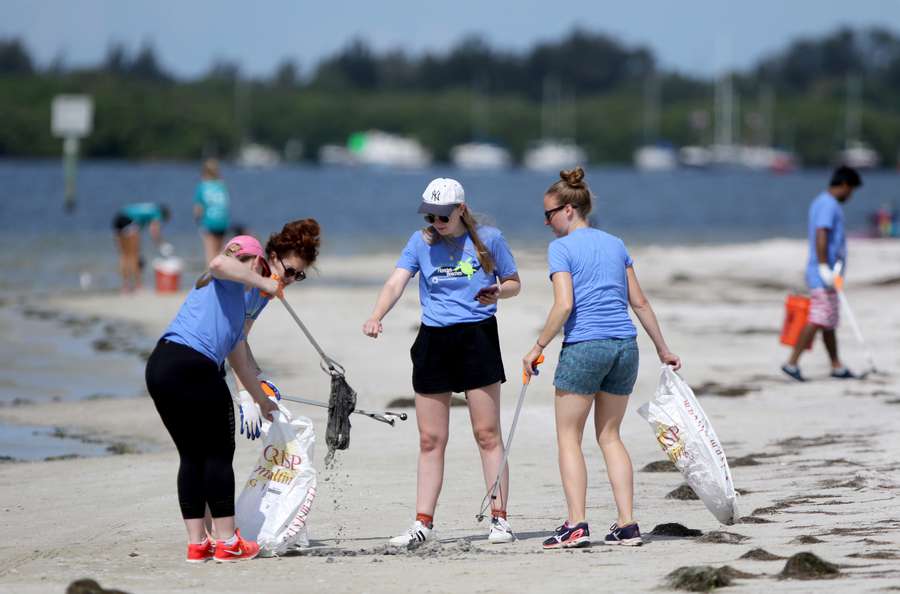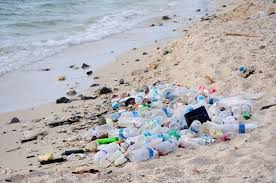Jerusalem
Two Seaside Cities Ban Plastic Disposables on Beaches
By Jacqueline van den Driest
The Israeli seaside cities of Eilat and Herzliya have announced that they will ban the use and sale of disposable plastic bags on their beaches in an effort to reduce plastic consumption as a whole. This is the first such initiative in
Plastic waste among
A new municipal bylaw is aiming to turn the tide on plastic waste by banning all disposable plastic products on local beaches, in Herzliya, a seaside city situated in the center of

Once enacted, any Herzliya beach-goer violating the law by bringing single-use articles such as plastic cups, bottles, utensils or bags will face a fine.
The regulation will be executed as part of the “City without Plastics” initiative, a joint effort of the Herzliya municipality and Zalul ("clear"), an Israeli environmental NGO. The initiative was launched as a pilot project in January 2018, with the goal of gradually reducing all use of disposable plastic products in Herzliya. Over a two-year period, all municipal authorities will begin to discontinue the use of single-use plastics.
In an interview, Herzliya Mayor Moshe Fadlon, said that: “This law is a very important step for the environment and future generations. It is our contribution to a cleaner and healthier environment; to reduce the environmental damage that will harm the world in which we and our children live”. He stressed that he in his capacity as a deputy head of the local government will work to ensure that other cities adopt the proposal.
Likewise Eilat city hall announced last month a two-stage plan to protect Red Sea beaches in

Marine plastic has become one of the world's most urgent ecological problems. Every year, about 8 million tons of plastic waste reach the world oceans through rivers, urban runoff and sewer systems. Almost all plastic materials are non-degradable and persist in the environment for many thousand years, posing a severe threat to marine ecosystems. Plastic waste is frequently mistaken for food by fish or other marine mammals, causing them to die of either suffocation or poisoning.
Stories for you more +